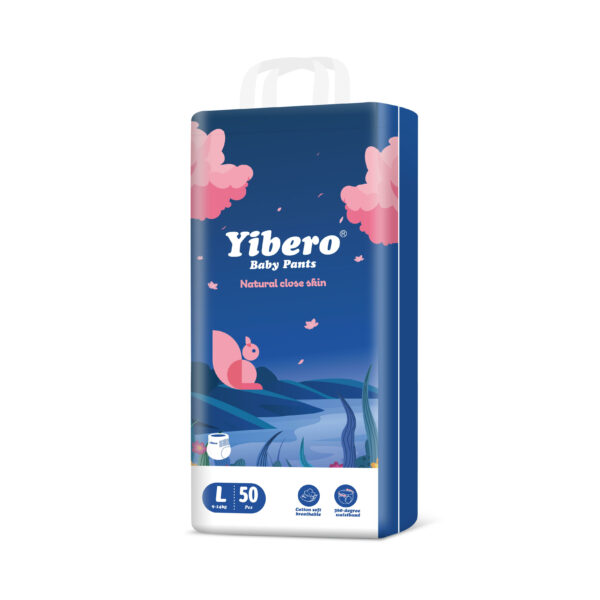Disposable diapers have notable environmental impacts due to their production, use, and disposal:
- Resource Consumption: Manufacturing disposable diapers requires significant amounts of wood pulp, plastics, and petroleum-based materials, contributing to resource depletion.
- Landfill Waste: Used disposable diapers contribute to landfill waste, taking hundreds of years to decompose. They constitute a considerable portion of non-biodegradable waste.
- Chemical Pollution: The manufacturing process and materials used in disposable diapers release various chemicals and toxins into the environment, impacting soil and water quality.
- Carbon Footprint: The production and transportation of disposable diapers contribute to greenhouse gas emissions, further exacerbating environmental issues.
To address these concerns, several eco-friendly diaper options are available:
- Biodegradable Diapers: Some diapers use biodegradable materials, reducing their environmental impact. best diapers for baby girl These materials decompose faster than traditional disposable diapers.
- Organic Diapers: Made from organic, chemical-free materials, these diapers minimize the release of harmful substances into the environment.
- Cloth Diapers: Reusable cloth diapers significantly reduce waste generation as they can be washed and reused multiple times. They are generally considered more environmentally friendly, especially when used with eco-friendly detergents.
- Hybrid Diapers: These diapers combine reusable covers with disposable inserts. While they involve some disposability, the impact is lower compared to regular disposable diapers.
- Compostable Diapers: Designed to break down quickly in composting facilities, these diapers reduce landfill waste.
When choosing eco-friendly diaper options, consider certifications like the Forest Stewardship Council (FSC), Global Organic Textile Standard (GOTS), or EcoCert to ensure they meet certain environmental standards. Additionally, proper disposal methods, such as composting (if the diaper is compostable), can further minimize the environmental impact of diaper use.
What advice would you offer to parents considering reusable cloth diapers versus disposable options for baby girls?
Choosing between reusable cloth diapers and disposable options involves various considerations. Here’s advice for parents weighing these choices:
- Environmental Impact: Reusable cloth diapers are generally more eco-friendly as they reduce landfill waste. If sustainability is a priority, cloth diapers might be preferable.
- Cost Consideration: While the initial cost of cloth diapers is higher, they are reusable and can save money in the long run compared to ongoing purchases of disposable diapers.
- Convenience vs. Maintenance: Disposable diapers are convenient as they are simply disposed of after use. Cloth diapers require regular washing, which can be time-consuming and may involve added costs for laundry detergent and water usage.
- Health Considerations: Cloth diapers are often made from natural fibers and might be gentler on a baby’s skin, reducing the risk of rashes or allergies caused by chemicals in disposable diapers.
- Fit and Comfort: Cloth diapers might provide a better fit as they are adjustable, while disposable diapers come in fixed sizes. Cloth diapers with customizable sizes can offer a more tailored fit for baby girls.
- Absorbency and Leak Control: Modern cloth diapers have improved absorbency and leak control features, but disposable diapers are generally designed to be highly absorbent and efficient at leak prevention.
- Travel and Convenience: Disposable diapers are more convenient during travel or outings as they do not require carrying soiled diapers back home.
- Daycare or Babysitter Considerations: Some daycares or babysitters might prefer or require disposable diapers due to convenience and familiarity.
- Understanding Your Preferences: Consider your lifestyle, values, and comfort level with maintenance tasks like washing and drying cloth diapers.
- Trial Period: Consider trying both options for a short period to see which works best for your baby girl and your family’s needs before committing to one type.
In summary, the decision between reusable cloth diapers and disposable options involves weighing environmental concerns, cost, convenience, comfort, and personal preferences. Some parents opt for a combination, using cloth diapers at home and disposable ones when traveling or during busy periods. Ultimately, the choice should align with what works best for your baby girl and your family’s lifestyle.
